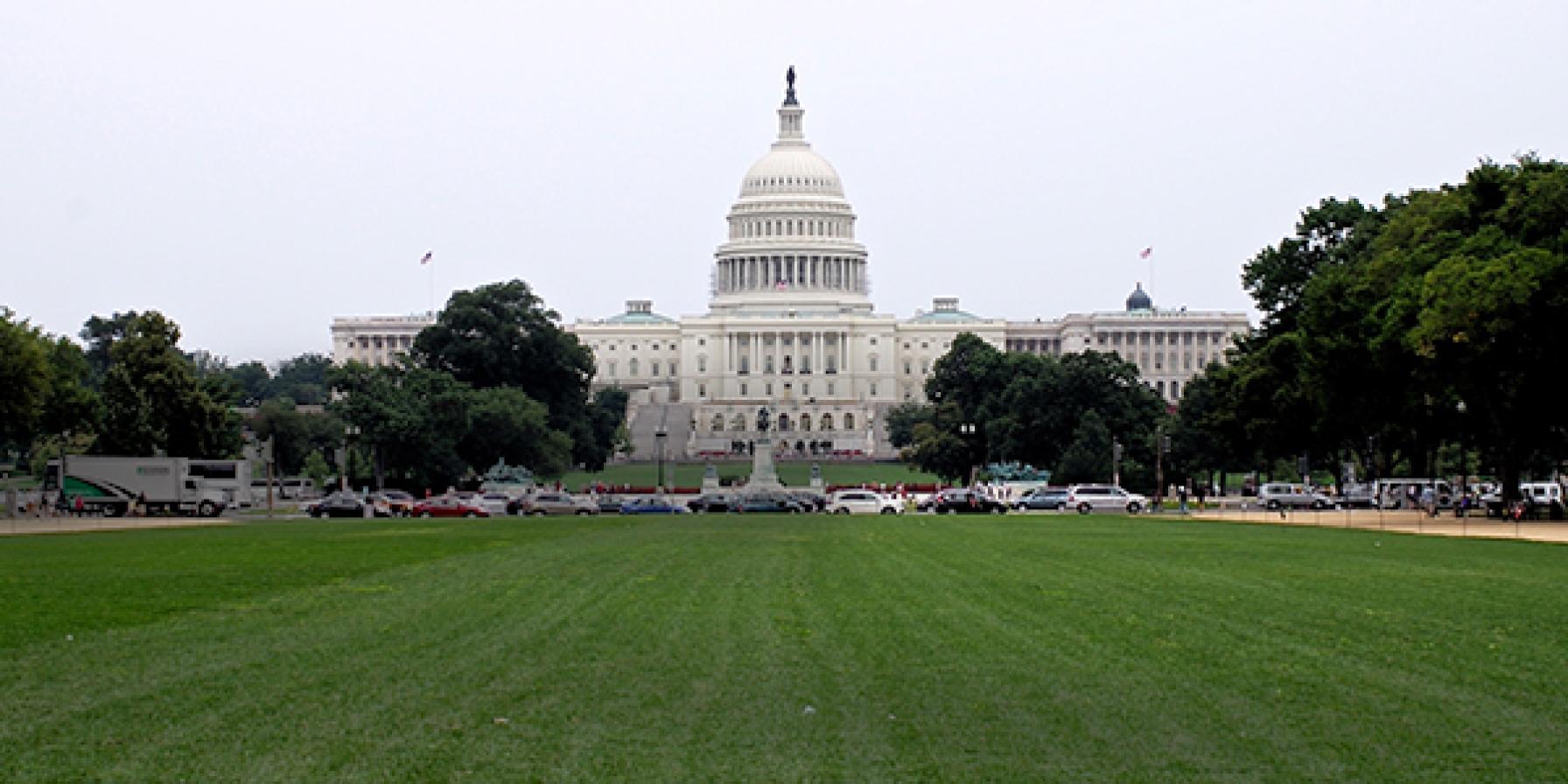- Home
- IBTTA Insights
- Everything's on the Table' to Fund Infrastructure Plan, Sec. Chao Tells House Committee
Stories
Everything's on the Table' to Fund Infrastructure Plan, Sec. Chao Tells House Committee


The White House will consider “all revenue sources” to fund an ambitious national infrastructure plan and remains committed to seeking bipartisan funding solutions while relying heavily on state and local decision-making, U.S. Transportation Secretary Elaine Chao affirmed, in the course of two appearances on Capitol Hill over the last week.
“We have not yet come to a resolution” on funding, Chao told the House Transportation and Infrastructure Committee March 6. “Everything’s on the table….We want all funding and financing options to be available.”
Last week, before the Senate Environment and Public Works Committee, she said the infrastructure package would be designed to leverage federal funds while streamlining local reviews and permits. “A key element of the proposal is to empower decision-making at the state and local level, who know best the infrastructure needs of their communities.”
Working with Congress
Chao told the House T&I the Administration is eager to work with Congress to find a way to pay for the $200-billion plan. Committee Chair Bill Shuster (R-PA) is on record calling for a bill that is bipartisan and fiscally responsible.
“The American people understand the need we have to invest in our infrastructure,” he told the committee in an opening statement. Shuster supports “shoring up the Highway Trust Fund” by “raising federal fuel taxes, or through other ways to keep the fund from becoming insolvent as projected in fiscal 2021,” Bloomberg reports. Congress has already taken $140 Billion from the General Trust Fund to help fund the Highway Trust Fund.
“Democrats say $200 billion is not enough of a federal investment, and they’re concerned about weakening environmental protections to speed up project approvals,” the news agency adds. “They’re also skeptical about the framework, which uses federal funding mostly as seed money to spur non-federal entities that own most infrastructure to generate their own revenue for projects.”
With the administration’s attention focused elsewhere over the last couple of weeks, Shuster said it might take a “lame duck” session following mid-term elections in November to seal a deal on infrastructure.
Leverage for Federal Dollars
The White House plan to devote $200 billion in federal funds to build a $1.5-trillion, 10-year program assumes the infrastructure plan can act as a catalyst for a big batch of state, local, and private sector investment. The Senate EPW hearing heard a range of views on how far that leverage might extend.
Ranking member Tom Carper (D-DE) cited a study last month that estimated the infrastructure initiative will produce $20 to $230 billion in spin-off investment. One of the University of Pennsylvania academics behind the study, Kent Smetters, said past research raises questions on whether federal dollars encourage new spending that state and local governments weren’t already planning.
“Obviously, we disagree,” Chao told the committee. “It actually takes people with real-life business experience to know how it works.”
Administration officials said the research “doesn’t take into account that Trump’s plan would cap federal support at 20% and award funding only if applicants generate their own money,” Bloomberg notes. They said federal lending programs can generate spin-off spending of up to $40 for every dollar from federal coffers.
Get into the flow of the federal infrastructure debate! Visit IBTTA’s Moving America Forward campaign page.

Joining IBTTA connects you to a global community of transportation professionals, offering unmatched opportunities for networking, knowledge-sharing, and collaborative innovation in the tolling and transportation sector.
Follow IBTTA on social media for real-time updates on transportation trends and collaborative opportunities.





